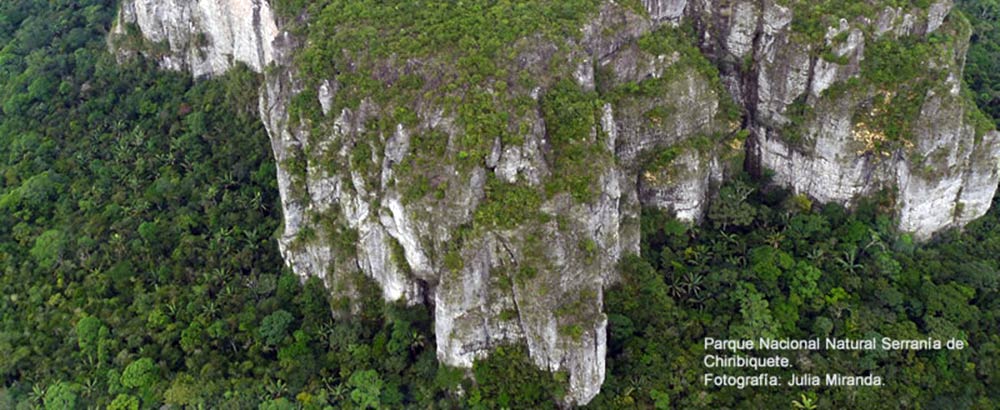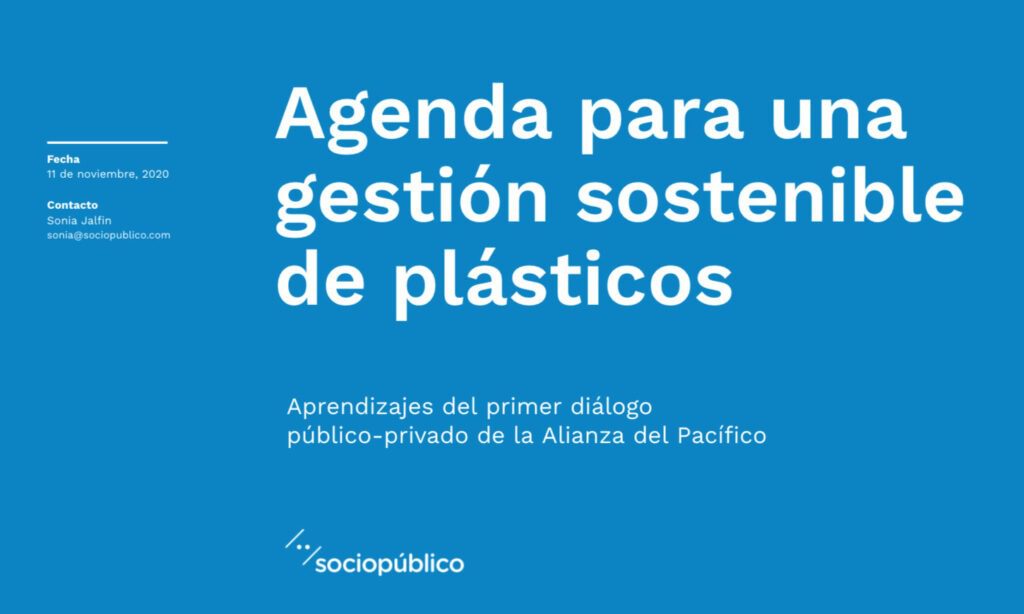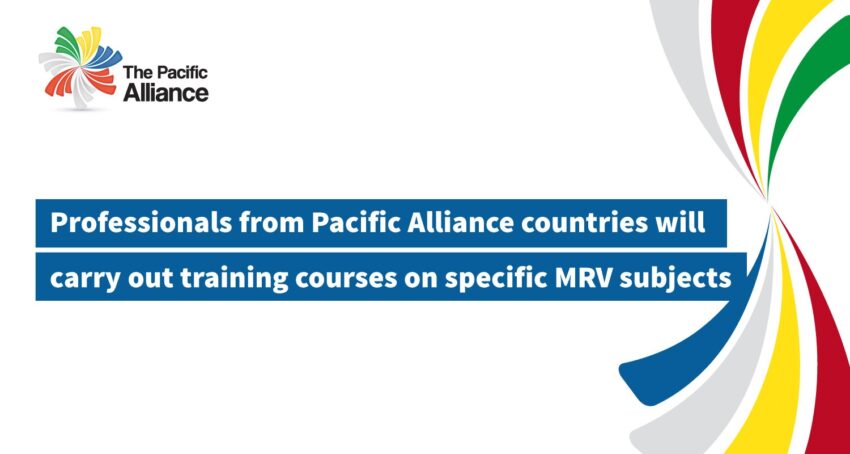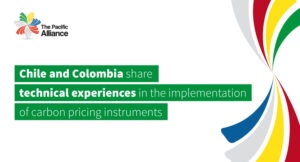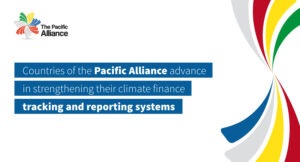About us
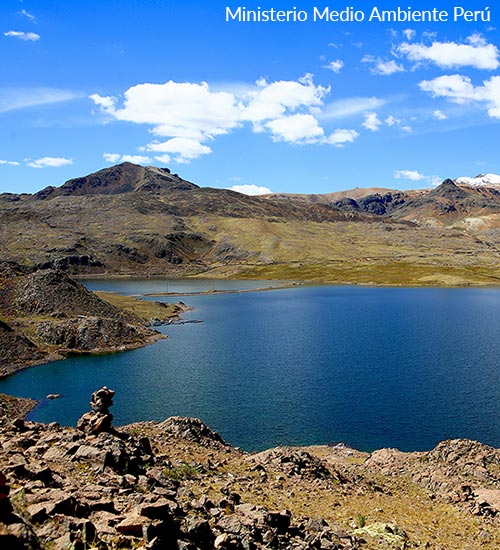

The Environment and Green Growth Technical Group (GTMACV, by its acronym in Spanish) arises after the 1st Pacific Alliance Environment Ministers Meeting, in the framework of the 20th Ministers of Environment for Latin America and the Caribbean Forum, held in Cartagena de Indias on March 30, 2016, recognizing the need to strengthen growth and sustainable development among the Pacific Alliance member countries.
On June 8, 2016, at the 15th Pacific Alliance Council of Ministers Meeting, was approved the creation of the Environment and Green Growth Technical Group. On July 1, 2016, at the 11th Pacific Alliance Summit, the presidents of the four member countries subscribed the Puerto Varas Declaration, expressing their agreement with the constitution of this group.
Build a space for dialogue between the governments of the Pacific Alliance countries (PA) and the private sector for the development and implementation of an agenda that promotes sustainability in the PA and directs its actions towards green growth considering the characteristics and realities of each country.
The thematic mainstreaming of the different environmental components posed by sustainable development for PA countries, from their efforts to combat the impacts of local pollution, boost green markets and investments, to those of a global nature in the context of climate change, establish for the GTMACV a working potential with each of the technical groups and the business council of the alliance, which will be adjusted to the extent that both the guidelines and the objectives set by the GTMACV, the business sector and the other technical groups match the overall strategy of the Alliance.
Ministry of Foreign Affairs of Chile
Ministry of Environment of Chile
Ministry of Foreign Affairs of Colombia
Ministry of Environment and Sustainable Development of Colombia
Secretariat of Foreign Affairs
Secretariat of Environment and Natural Resources
Ministry of Foreign Affairs of Peru
Ministry of Environment of Peru
Mandates
The Santiago Declaration (2020)
-
To implement the Roadmap of the Presidential Declaration on the Sustainable Management of Plastics, through the adoption of joint actions with the private sector, strategic partners and international organizations.
The Lima Declaration (2019)
-
Work, together with public and private institutions, as well as international organizations, in actions that allow implementing the Declaration on the Sustainable Management of Plastics.

Documents
-
Pacific Alliance Presidential Declaration on the Sustainable Management of Plastics
This agreement highlights the importance of developing and implementing new policies in order to promote the comprehensive management of plastics …
-
Roadmap towards a Sustainable Management of Plastics
The objective of this Roadmap is to identify concrete actions that allow progress towards a sustainable management of plastics in the countries that make up the Pacific Alliance, in accordance with the provisions of the Declaration.
-
Declaration of the Ministers of Environment
The ministers of Environment of Chile, Colombia, Mexico and Peru…
-
Declaration of the Presidents of the Pacific Alliance on Climate Change at COP 20 / CMP 10
The presidents of Chile, Colombia, Mexico and Peru, meeting in Lima, within the framework of the 20th Conference of the Parties of the United Nations Framework Convention on Climate Change and the 10th Conference of the Parties serving as the meeting of the Parties to the Kyoto Protocol…
Activities
“Environmental performance and green growth in the Pacific Alliance” Seminar
June 21 and 22, 2017
Its purpose was to exchange knowledge, experiences and lessons learned in the implementation of recommendations of the OCDE, from the Environmental Performance Evaluations that have been carried out in Chile, Colombia, Mexico and Peru, and in the incorporation of green growth as part of their national policies; with the participation of representatives of the Ministry of Environment of Chile, Ministry of Environment and Sustainable Development of Colombia, Secretariat of Environment and Natural Resources of Mexico and the Ministry of Environment of Peru.
The GTMACV has been working on a systematization of experiences and lessons learned, conceiving the adoption of a green growth approach under three areas: 1) Sustainable consumption and production, 2) Green markets and 3) Green investments; managing to identify four areas of common interest for this exchange: a) Instruments for the reduction of GHG emissions; b) Information systems for environmental management; c) Promotion of green markets; d) Waste management policies. After the lessons and reflections of the Seminar, it has been found that the four countries share similar characteristics and problems when seeking to implement a vision of green growth, being possible to identify a common agenda to advance in the sustainability of the Pacific Alliance.
